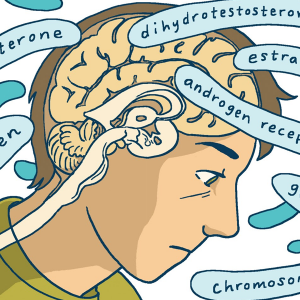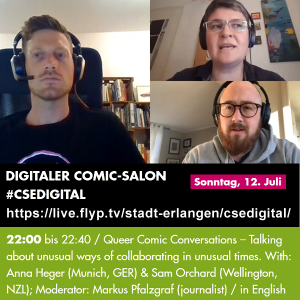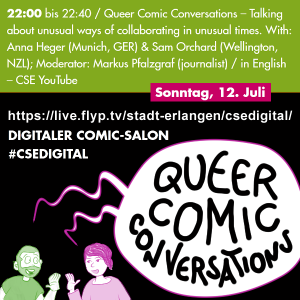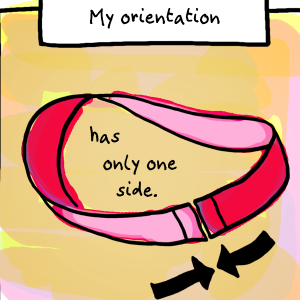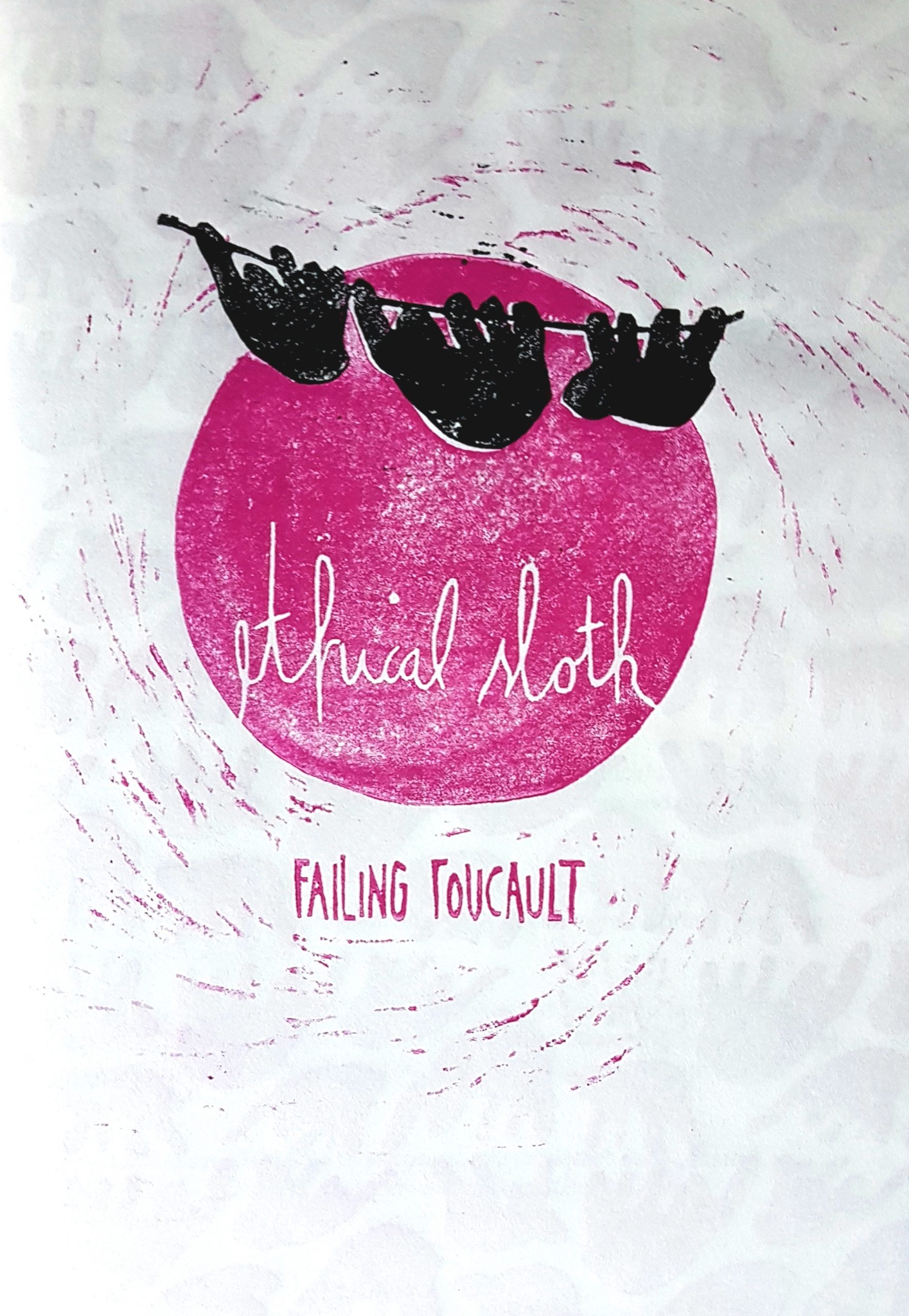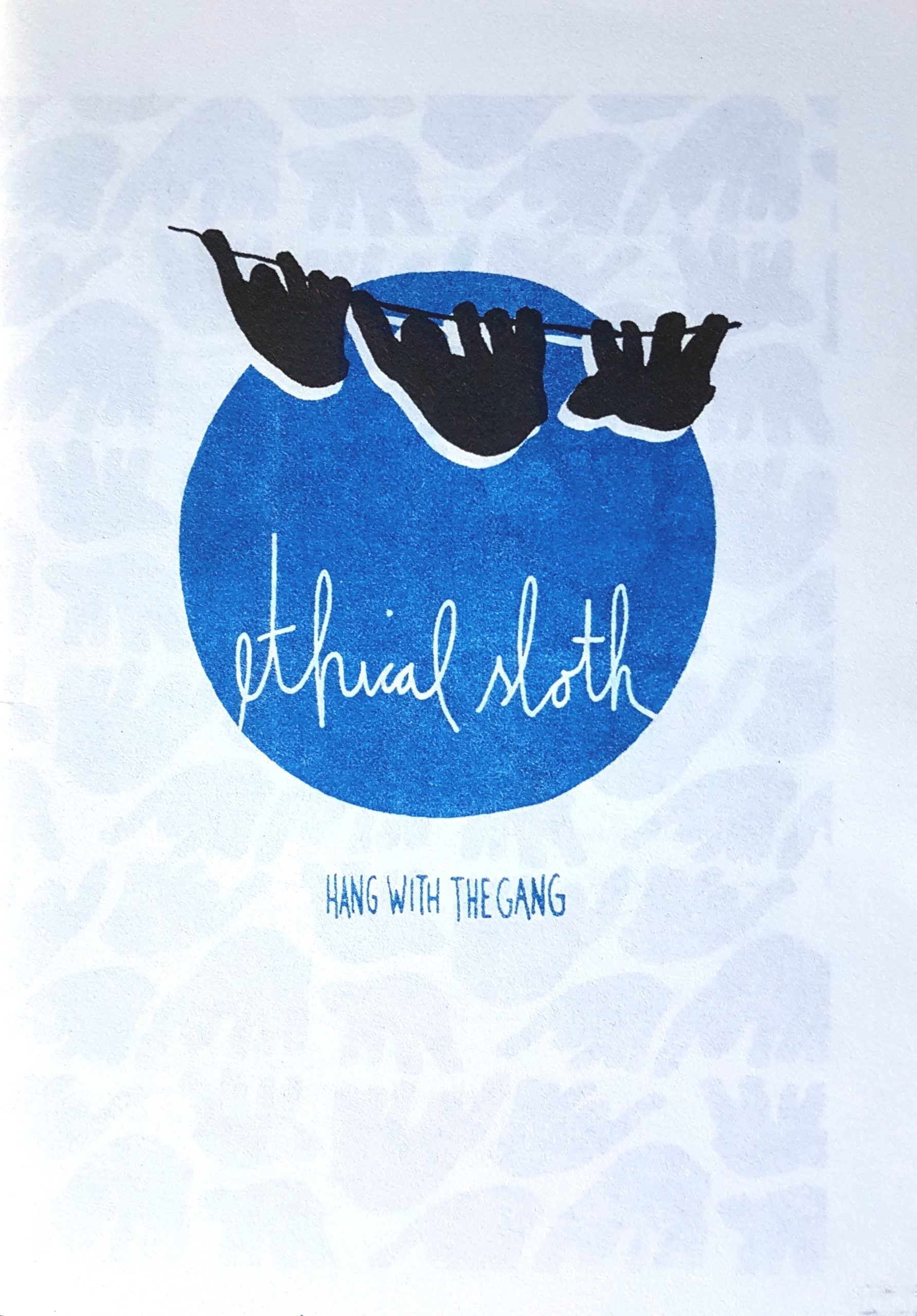A reply to a tweet:
+++loving reminder to put pronouns in your bio+++
By doing that, you create a safer space for LGBTIQA+ people, cause you normalize the fact that I can't guess your pronouns from your profile picture or your name.
If it’s safe for you, put em out there!
— Aaron's words🌈 (they/them) (@AaronPhion) August 2, 2020
I do agree with you a lot, but this also increases pressure to out one’s gender on social media, like misgender myself when I cannot be out and pressured to pick on when I am questioning.
Even in pronouns workshops I took out the part where people say their pronouns, as those are not needed because once can adress others directly. Several nonbinary and trans spectrum people came after to thank me specifically for that.
This was not about me doing me or you doing you, but how a general recommendation can end up being hurtful. Also, it was about creating space for others. I see how your recommendation can be a good thing and encouraged people to name their pronoun if they wanted to.

